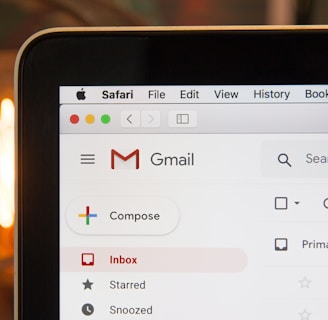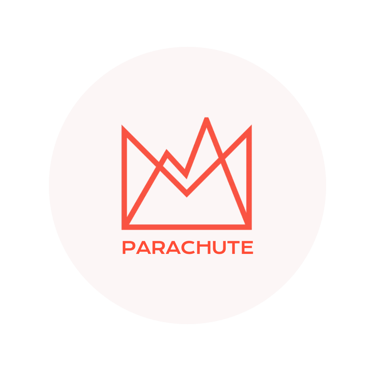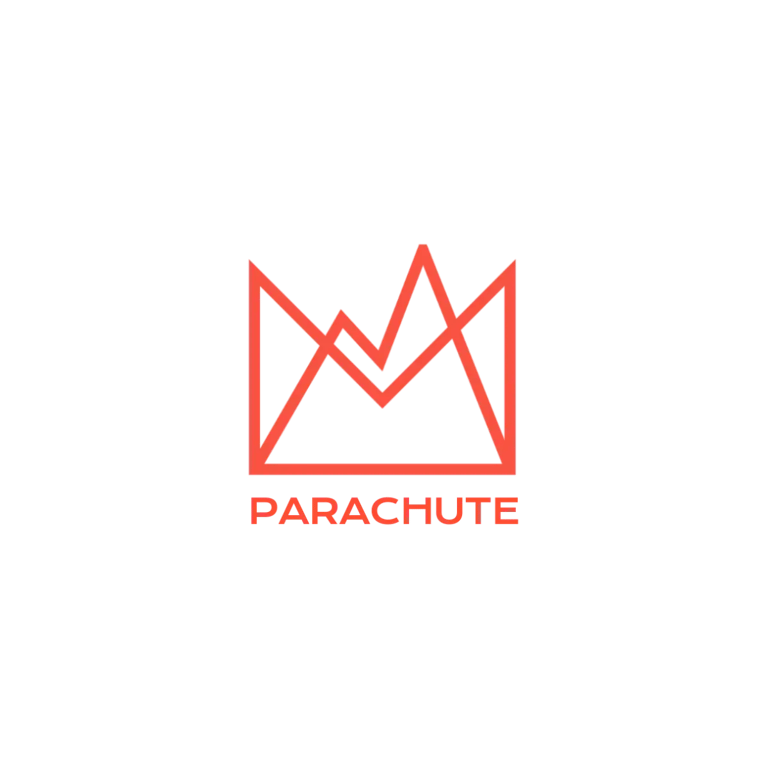Why updating your authentication protocols is crucial to avoid having your e-mails classified as spam
In this article, we'll look at why keeping these protocols up to date is essential, the new legislation in Europe and Canada, and why companies are now more likely to have their e-mails classified as spam if these measures are not respected.
Parachute
10/21/20244 min read
In an increasingly connected world, email remains one of the most effective means of communication for businesses. However, spam continues to plague the industry, with millions of malicious or fraudulent emails being sent daily. Email authentication protocols such as DMARC, SPF, and DKIM have become indispensable standards to counter these attacks and protect your domain's reputation. Parachute can help you set up these protection systems.
What are DMARC, SPF and DKIM?
➜ SPF (Sender Policy Framework)
Think of SPF as your email's bouncer. It's a protocol that tells the world which IP addresses are allowed to send emails on behalf of your domain. This simple but effective mechanism prevents identity theft by making sure that only the servers you've approved can send your emails.
➜ DKIM (DomainKeys Identified Mail)
DKIM adds a cryptographic signature to your emails, enabling the recipient to verify that the message has not been altered in transit. This signature confirms that the email has indeed come from the indicated sender.
➜ DMARC (Domain-Based Message Authentication, Reporting & Conformance)
DMARC is a protocol that builds on SPF and DKIM to provide stricter validation of emails sent from your domain.
It also enables domain administrators to receive reports detailing attempts to spoof or send unauthorized email.
The growing importance of these protocols underscores the urgent need for businesses to prioritize email security. With the increase in cyber-attacks and phishing attempts, protecting email communications has become a priority for businesses. The DMARC, SPF, and DKIM protocols help strengthen the security of your emails while protecting the reputation of your domain. When these protocols are correctly configured and updated, they drastically reduce the risk of your emails being considered spam or, worse, being used for malicious purposes.
Not updating your protocols can lead to your domain's reputation being compromised. If your emails are not authenticated via DMARC, SPF or DKIM, there's a risk that cybercriminals will use your domain to send fraudulent emails, posing a serious threat to your reputation.
Without these protocols, the risk of your emails being considered spam or used for malicious purposes is significantly higher. This could lead to a drastic drop in your domain's reputation.
Financial and operational losses: as a business, if your marketing or transactional e-mails are undelivered or end up in the spam folder, this can translate into lost revenue and reduced efficiency in customer communications.
New legislation
in Europe and Canada
➜ Europe: RGPD and ePrivacy
The General Data Protection Regulation (RGPD), in force since 2018, requires companies to rigorously manage personal data, including email-related data. More recently, the EPrivacy Directive, currently being updated, introduces stricter regulations on the confidentiality of electronic communications.
When it comes to e-mails, these legislations oblige companies to ensure that their communications are secure, that users' personal data is protected, and that there is explicit consent for marketing e-mails to be sent. DMARC, SPF and DKIM play a key role in this security by ensuring that only legitimate e-mails are sent and received.
➜ Canada: Bill C-28 (Canada's anti-spam law)
In Canada, Bill C-28 (known as LCAP) is strict legislation aimed at limiting spam and protecting consumers from unsolicited emails. Coming into force in 2014, this law imposes strict rules for sending commercial emails, including the obligation to collect explicit consent from recipients and provide a clear unsubscribe option.
In 2023, additional amendments have been proposed to strengthen user protection against the rise in fraudulent e-mails. These new guidelines also encourage companies to adopt DMARC, SPF and DKIM as best practices to reduce the risk of spam classification and legal penalties for non-compliance.
Why are your e-mails more likely to go into spam today?
With these new regulations and the constant evolution of anti-spam technologies, e-mail providers have become stricter than ever. If your domain doesn't use DMARC, SPF and DKIM protocols, or if they're poorly configured, your e-mails could be considered potentially dangerous.Even if you're not sending malicious e-mails, misconfiguration or the absence of these protocols can be enough to automatically classify your e-mails as spam.
Providers like Google and Microsoft are increasingly focusing on strict validation of incoming e-mails. Suspicious IP addresses, unauthenticated domains or e-mails that fail DMARC tests are immediately redirected to the spam folder, or even blocked.
How Parachute can help.
At Parachute, we understand the importance of secure communications and online reputation.With our expertise in SEO and online visibility development, we also offer specialized services to help you configure and maintain DMARC, SPF and DKIM protocols on your business emails.
Our approach is simple:
Audit your e-mail infrastructure : we analyze your domain and existing configurations to detect any problems or weaknesses.
DMARC, SPF and DKIM implementation: We implement protocols to ensure that your e-mails pass all the security filters of your e-mail service providers.
Monitoring and reporting : We provide you with regular reports on spoofing attempts and adjust configuration as required.
Are you ready to get more visibility on the Web?
Updating and maintaining e-mail authentication protocols such as DMARC, SPF and DKIM have become crucial to preventing your e-mails from being classified as spam. With changing legislation in Europe and Canada, non-compliance exposes companies to legal sanctions, financial losses and damaged reputations.
If you want to protect your domain, improve your drift rate, and enhance the security of your communications, Parachute can help. Together, we'll set up robust systems to ensure your emails reach their destination safely without the risk of being perceived as spam.
Read more : Google Support,E-mail




Professional expertise + AI support = quality content
Share the article :


ADDRESS
Studio Parachute|360 Agency
Montréal, Québec, Canada
2023 All rights reserved to Parachute 360 Studio-Agency S.A./ Our terms and conditions /Privacy policy
